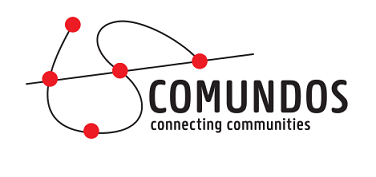How Climate Change Influences Rural Spain

Hi everyone. We are Antonio Buendía and Diego García, from Spain.
Antonio lives in the south and I'm from the north .
Although we live far from each other, there is a common problem that unites us: the consequences of climate change in our villages.
Antonio is from Santa Cruz del Comercio in Granada, where olive groves are the principal economic resource.
On the other hand, my family is from Nava de Roa, where a lot of people are engaged in the wine sector.
Since climate change has arrived, both, we see how crops are affected by very high temperatures and frosts,
which influences the village's economies and as a result the lives of many people.
Our neighbours family crops don't have the technologies that big companies of wine and oil sectors use, so it is very difficult to compete against them.
However, a lot of people of our villages are starting to join forces to combat this situation.
 One of the solutions is the creation of cooperatives, where different producers of a common product join together.
One of the solutions is the creation of cooperatives, where different producers of a common product join together.
Cooperatives allow the posibility to reduce crops risks, by compensating possible bad harvests with other producers crops.
Moreover, they are starting to introduce new technologies. Irrigation techniques are increasing due to they are a good alternative to reduce the impacts of high temperatures
Equally ground maintenance techniques are more and more common.
However, these are expensive solutions, so many producers can't afford the initial investment.
That's why farmers choose cheaper solutions, such as changes on the vineyards direction to reduce the wind impact.
Finally, another solution is the remplacement of the olive and grape varieties, looking for the ones that resist more to high temperatures and other extreme weather conditions.
Today, our villages are in trouble with climate change, but tomorrow it could be yours.
So we ask you to do as much as you can to combat climate change. Your everyday actions hold on more than you can realise.
Using public transport and trying not to waste water are two simple ways to contribute to a prosperous world. Together, we can do it!
How to use this story in a classroom?
The authors of the video created didactical material (find it below) to start a constructive dialogue:
A gift for Comundos
Over the years, Comundos has helped remote communities around the world by teaching critical thinking, media literacy and the use of communication technology.
To do this effectively, we need your support for computers, translations, courses and social media management.
Thank you .
BE11 1030 2973 8248




